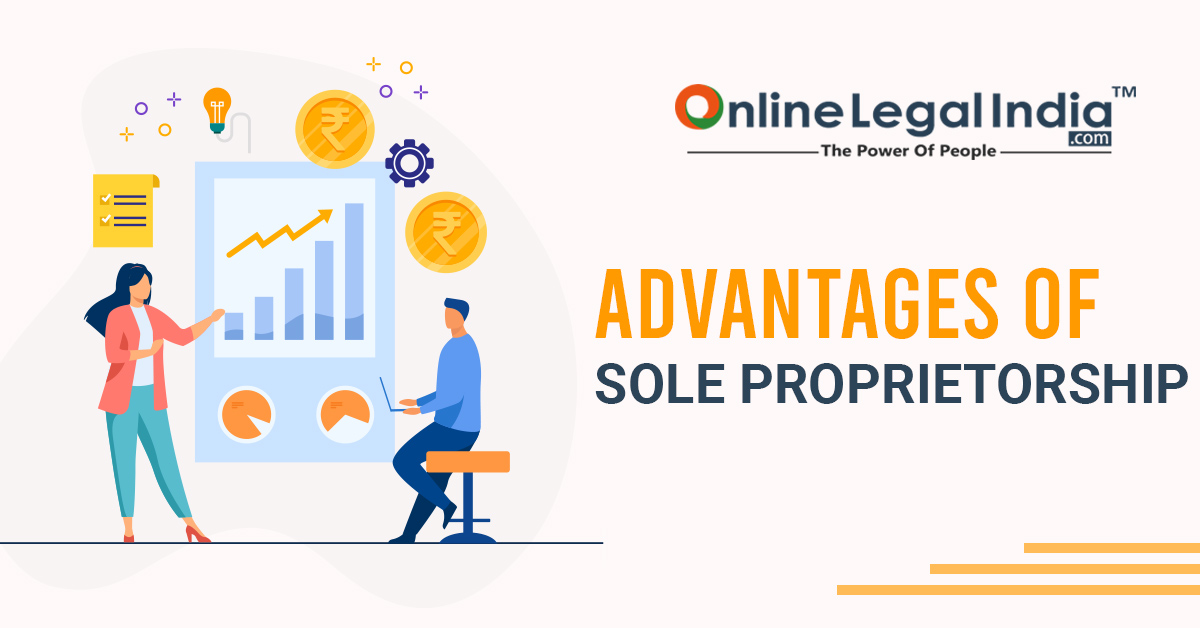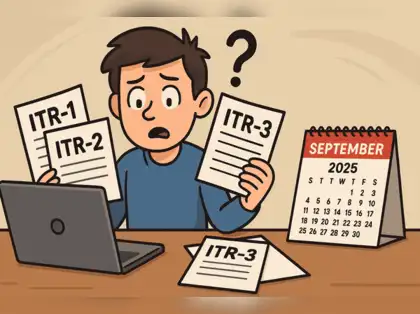Benefits of a Sole Proprietorship: Unlocking Opportunities for Business Success
A sole proprietorship is a popular form of business ownership where an individual operates and manages their business as the sole owner. This article explores the numerous benefits that come with choosing a sole proprietorship as the legal structure for your business. With a deep understanding of the advantages it offers, you can make an informed decision that aligns with your entrepreneurial aspirations.
Flexibility and Control
One of the key advantages of a sole proprietorship is the unparalleled flexibility and control it provides. As the sole owner, you have complete autonomy over decision-making, allowing you to swiftly respond to market changes and adapt your business strategies accordingly. This level of control enables you to seize opportunities, make quick decisions, and steer your business toward success without the need for extensive consultations or consensus-building.
Simple and Cost-Effective Setup
Setting up a sole proprietorship is remarkably simple and cost-effective compared to other business structures. Unlike corporations or partnerships, there are no complex legal requirements or extensive paperwork involved. You can establish your sole proprietorship with minimal bureaucracy, saving you time and money. By avoiding the costs associated with formal registrations and legal fees, you can allocate more resources towards growing your business.
Direct Profits and Tax Advantages
As a sole proprietor, you are entitled to all the profits generated by your business. Unlike partnerships or corporations, there is no need to share the earnings with other shareholders or partners. This direct access to profits allows you to reap the rewards of your hard work, motivating you to drive your business forward. Additionally, sole proprietorships often benefit from certain tax advantages, such as the ability to report business income on your tax return, potentially reducing your overall tax liability.
Minimal Regulatory Compliance
Compared to other business structures, sole proprietorships face fewer regulatory compliance requirements. This simplicity allows you to focus on the core aspects of your business, rather than getting entangled in complex legal obligations. With fewer formalities and reporting obligations, you can devote more time and energy to serving your customers, developing innovative products, and expanding your market reach.
Privacy and Confidentiality
Operating as a sole proprietorship offers a level of privacy and confidentiality that may be desirable for certain entrepreneurs. Unlike corporations, sole proprietorships do not typically require public disclosure of financial statements or detailed business operations. This privacy shield allows you to maintain confidentiality regarding your business strategies, financial performance, and proprietary information, giving you a competitive edge in the market.
Ease of Dissolution
If you decide to close or dissolve your business, a sole proprietorship offers a straightforward process. Unlike partnerships or corporations, there is no need to navigate complex legal procedures or obtain consent from multiple stakeholders. You have the freedom to wind up your business quickly and efficiently, allowing you to move on to new ventures or explore different entrepreneurial opportunities.

In summary, choosing a sole proprietorship as the legal structure for your business can unlock a multitude of benefits. From the unparalleled flexibility and control it provides to the simplicity of setup and minimal regulatory compliance, a sole proprietorship empowers you to chart your entrepreneurial journey. With direct access to profits, tax advantages, privacy, and ease of dissolution, this form of business ownership offers a compelling proposition for aspiring entrepreneurs. Embrace the advantages of a sole proprietorship and embark on a path toward business success.
Frequently Asked Questions
1. What is a sole proprietorship?
A sole proprietorship is a business structure where an individual owns and operates the business as a single person.
2. What are the benefits of a sole proprietorship?
The benefits of a sole proprietorship include:
Simple and inexpensive to set up.
Full control and decision-making power.
Flexibility in managing the business.
Direct access to profits.
Easy tax reporting.
3. Is there any liability protection in a sole proprietorship?
No, a sole proprietorship does not provide liability protection. The owner is personally responsible for all debts and legal obligations of the business.
4. Can a sole proprietorship have employees?
Yes, a sole proprietorship can have employees. However, the owner remains solely responsible for the business.
5. Are there any specific legal requirements to establish a sole proprietorship?
No, there are no specific legal requirements to establish a sole proprietorship. However, it is recommended to check local regulations and obtain necessary licenses or permits.
6. Can a sole proprietorship be converted into a different business structure?
Yes, a sole proprietorship can be converted into a different business structure, such as a partnership or a corporation, if desired.
7. Are there any disadvantages to operating as a sole proprietorship?
Some disadvantages of a sole proprietorship include:
Unlimited personal liability.
Difficulty in raising capital.
Dependency on the owner’s skills and abilities.
Limited growth potential.
8. How are taxes handled in a sole proprietorship?
In a sole proprietorship, business income and expenses are reported on the owner’s tax return. The owner is responsible for paying self-employment taxes.
9. Can a sole proprietorship have multiple owners?
No, a sole proprietorship is owned and operated by a single individual. If multiple owners are involved, a different business structure, such as a partnership, would be more appropriate.
10. Can personal assets be used to finance a sole proprietorship?
Yes, personal assets can be used to finance a sole proprietorship. The owner has full control over the business’s finances and can invest personal funds as needed.




